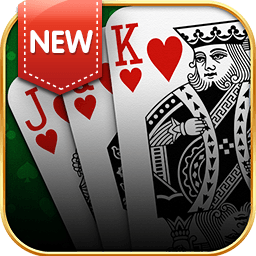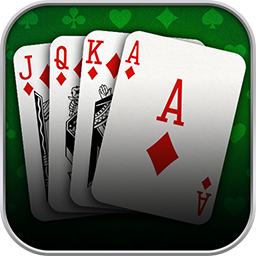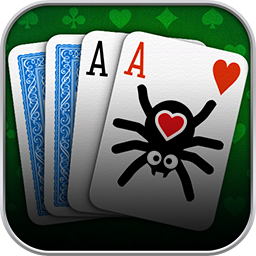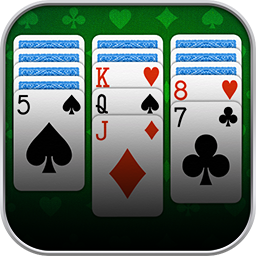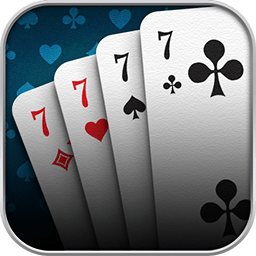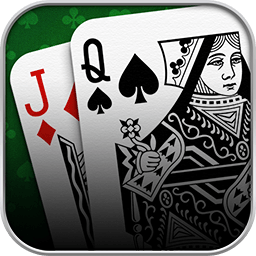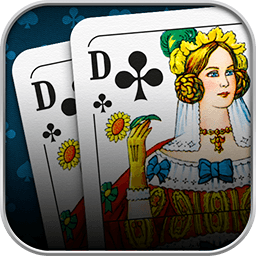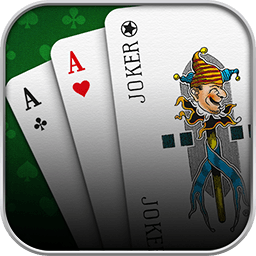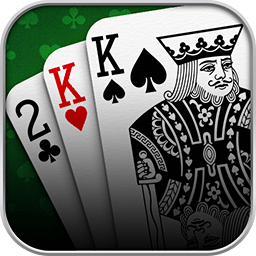On this page, you will find out how the evaluation proceeds after a round of Gin Rummy in detail. We cover both the classic Gin Rummy with two players and the four-player adaptation, which you will be able to select at the Gin Rummy Palace in the future. By the way, the entire evaluation is automatically taken care of in the Gin Rummy Palace, so you can fully focus on enjoying the game.
Step 1: Comparing Deadwood
| 2 Players | 4 Players |
|---|---|
| In a two-player game, you compare the card values of each player’s respective deadwood, which are the cards that are not part of combinations after laying down and melding. If you have knocked, you win in the two-player game if your deadwood is worth fewer points than your opponent’s. | In the four-player game, this is modified in the sense that the entire deadwood of the teams is compared. To win, your entire team must have fewer deadwood points than the opposing team. |
To determine the value of your deadwood, you sum up the card value of any of your cards which are the cards that are not part of combinations after laying down and melding. Here, you can see the values for each card in the game again:
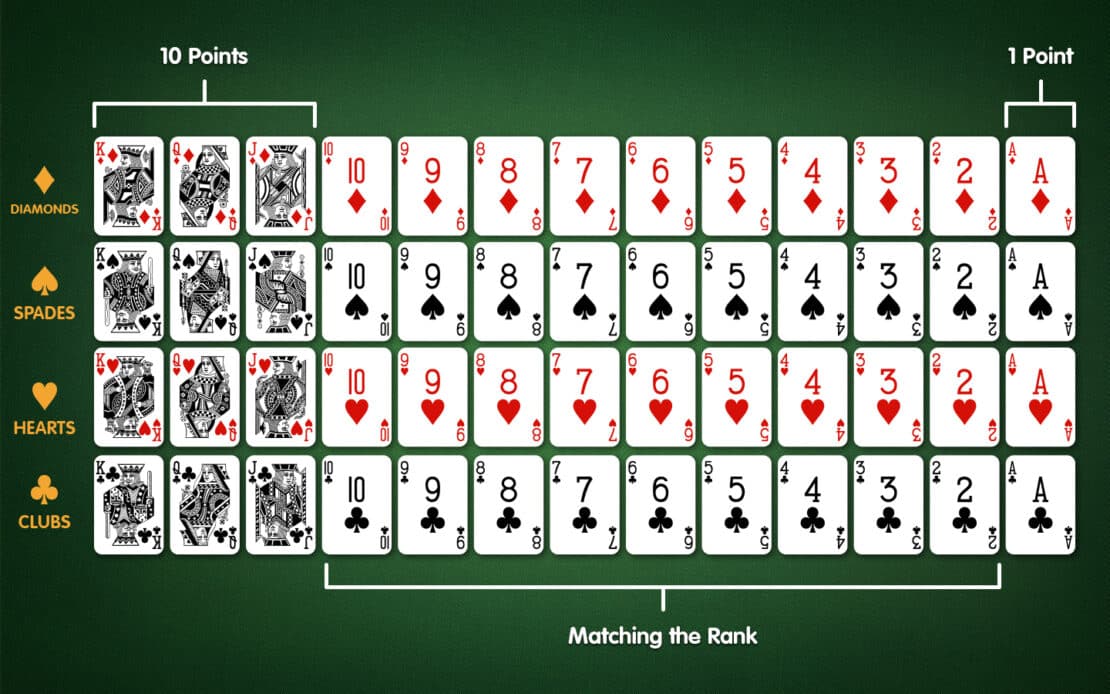
Here you see the value of each card in the game.
Step 2: Awarding Points
In Gin Rummy, the total score always consists of several aspects: points from deadwood and optional bonus points. Before we delve into when each bonus applies, here is an overview of the point values:
| 2 Players | Points | 4 Players | Points |
|---|---|---|---|
| Deadwood Difference | Varies based on the result | Deadwood Difference | Varies based on the result |
| Box Bonus | 10 | Box Bonus | 10 |
| Gin Bonus | 25 | Small Gin | 10 |
| Big Gin | 30 | ||
| Undercut | 20 | Undercut | 20 |
| Catching the Glass | 10 | Catching the Glass | 10 |
| Boasting | Depending on the course of the game 0, 5, 10, or 15 | Boasting | Depending on the course of the game 0, 5, 10, or 15 |
Points from deadwood are always credited: The winning team or player is credited with the difference between their own deadwood points and the opponent’s.
Additionally, the box bonus for a successful game, like the undercut and gin bonuses, always goes to the winning side. The application of the other bonuses depends on the game result and the course of the game, respectively.
Gin Bonuses
A gin is a perfect game. Like going rummy in classic Rummy, you receive a bonus if you manage to meld all your cards and then end the game.
A gin bonus is awarded to the winning side only if they knocked. However, the main condition for the gin bonus is that a player on the winning side has 0 deadwood points.
In two-player Gin Rummy, this is rewarded with 25 bonus points.
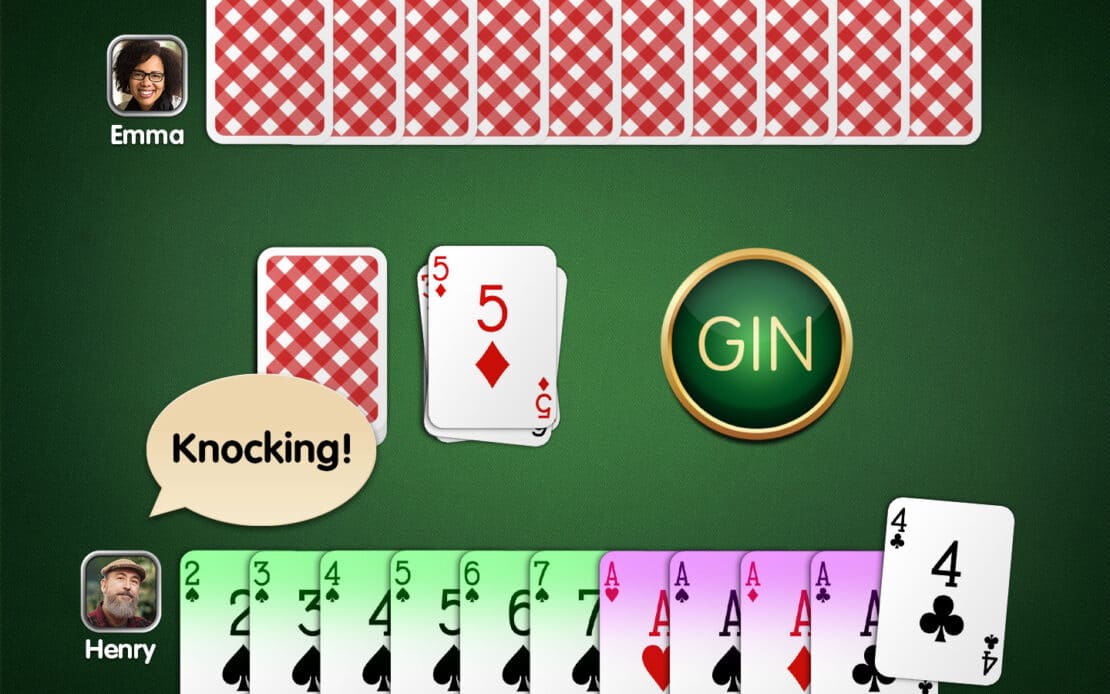
In a four-player game, there is a distinction: If only one player on the winning team has 0 deadwood points, a small gin is achieved, which is rewarded with 10 points. If both players on the winning team have 0 deadwood points, they have achieved a big gin and receive 30 points instead.
Undercut Bonus
This bonus comes into play only if the knocking side does not win. So, if your opponents knocked, but you have equal or fewer deadwood points, you achieved an undercut. This grants 20 bonus points in both cases, with two and four players.
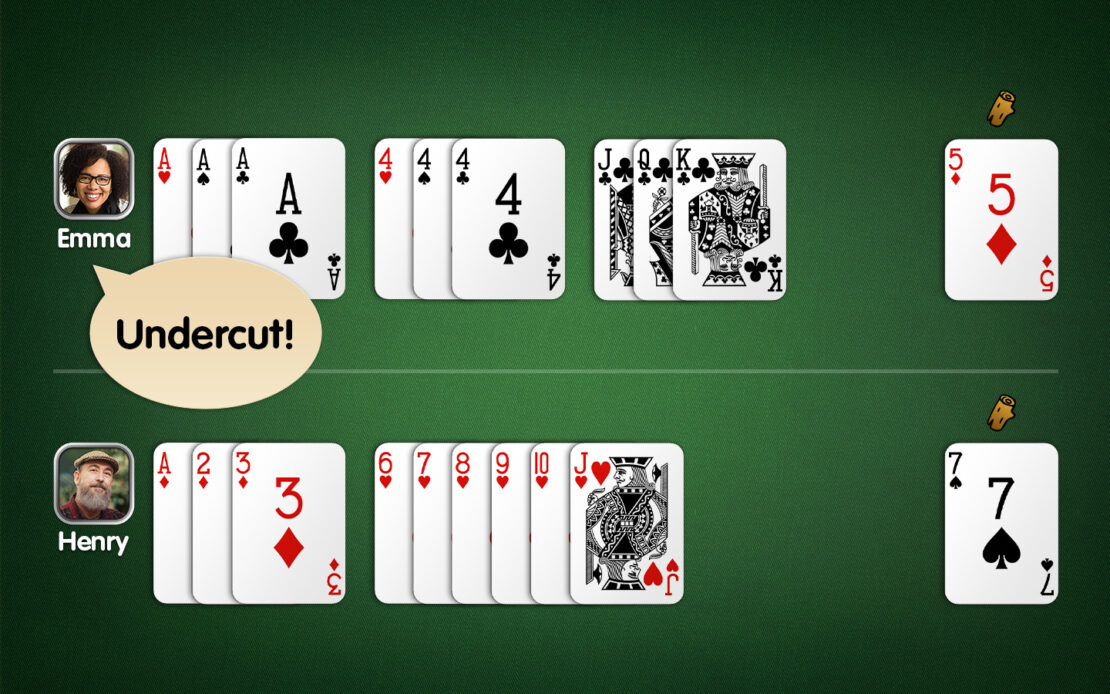
In this case, the knocking side receives no points since the box bonus and deadwood difference always go to the winner’s scoresheet.
Bonus for Catching the Glass
If the custom rule Catch the Glass is activated at your table, you may try to catch the glass once per turn to gain bonus points: If you think that cards in the discard pile amount to a meld, you state whether it is a group or sequence, and then the card rank or suit, respectively. You cannot catch melds that are enabled only via other custom rules!
If you are right, the cards are removed from the discard pile, and you gain 10 bonus points at the end of the round. If you miss, your opponent gains 10 bonus points instead.
The same scores apply in a game of four and they are added to the respective team’s total score.
Boasting Bonus
You can boast in your turn if no other player already did so in this round. You cannot knock in the same turn, but you would receive bonus points for winning the round soon:
- If you knock and win in your first turn after you boasted, you gain 5 bonus points.
- You gain 10 bonus points in the second turn.
- In the third turn, it’s even 20 bonus points.
If you knock within the three turns, but your opponent undercuts you, you get no bonus points for boasting.
If an opponent knocks within the three turns after you announce boasting, you also get no bonus points for boasting.
But if you don’t knock within three turns after you boasted, your opponent gains 15 bonus points, no matter which player knocks and wins.The same rules and scoring limits apply in a game of four, and the bonus points per player are added to the respective team’s total score.
Once all points are determined and recorded, you can shuffle again and deal for the next round. This continues until you reach the end of the game.
Game End in Gin Rummy
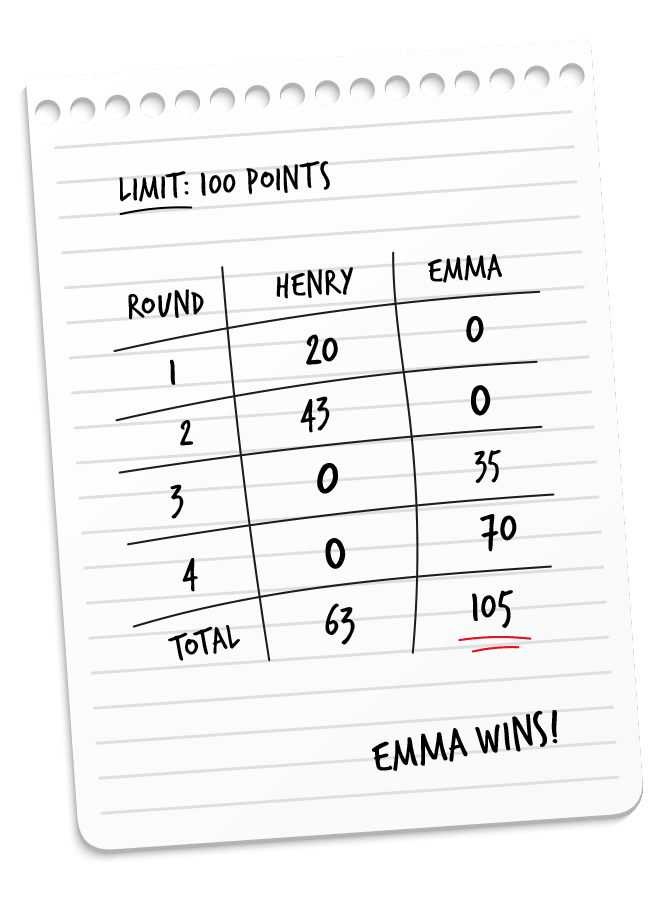
Typically, you play Gin Rummy up to a predetermined total score. Therefore, the points are accumulated over the rounds per player or team.
When one side reaches or exceeds the predetermined threshold, the game at the table ends. Naturally, this side has the highest total score and wins the game.
At the Gin Rummy Palace, you set the limit between 10 and 500 points.
If you want to continue playing after that, simply start again from 0 up to your desired maximum score!
Playing Gin Rummy
Now that everything is clear in terms of scoring, you are ready to start playing. If you want to review the Gin Rummy Rules beforehand, choose the appropriate option below or check out our Gin Rummy tips from the Gin Rummy Lessons. Have fun and good luck!
